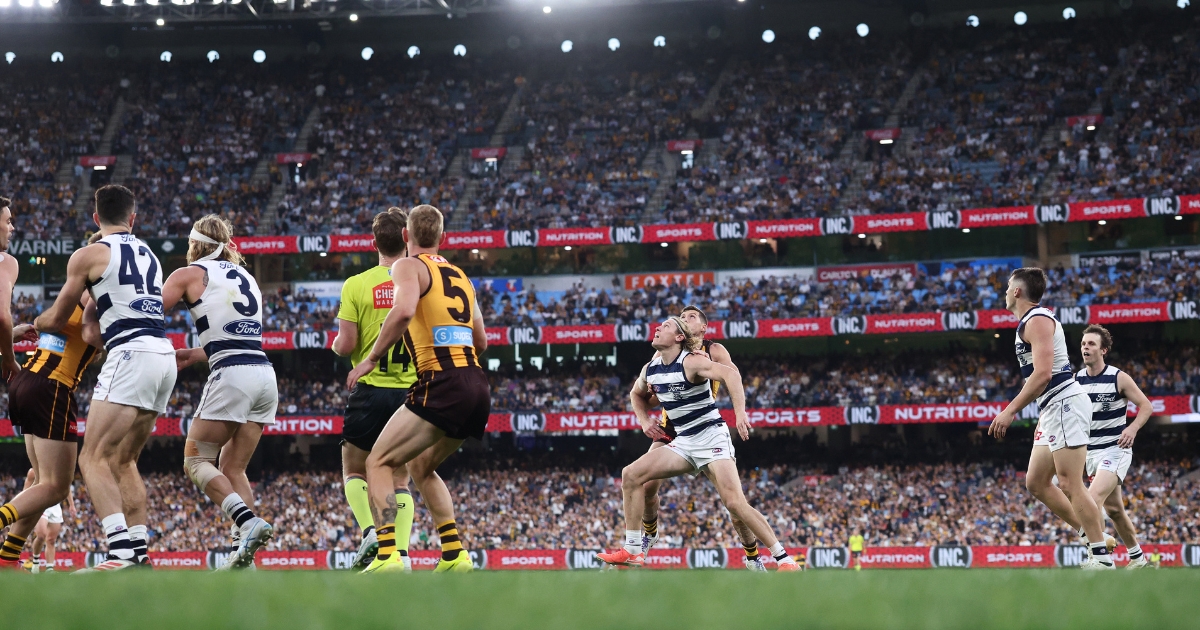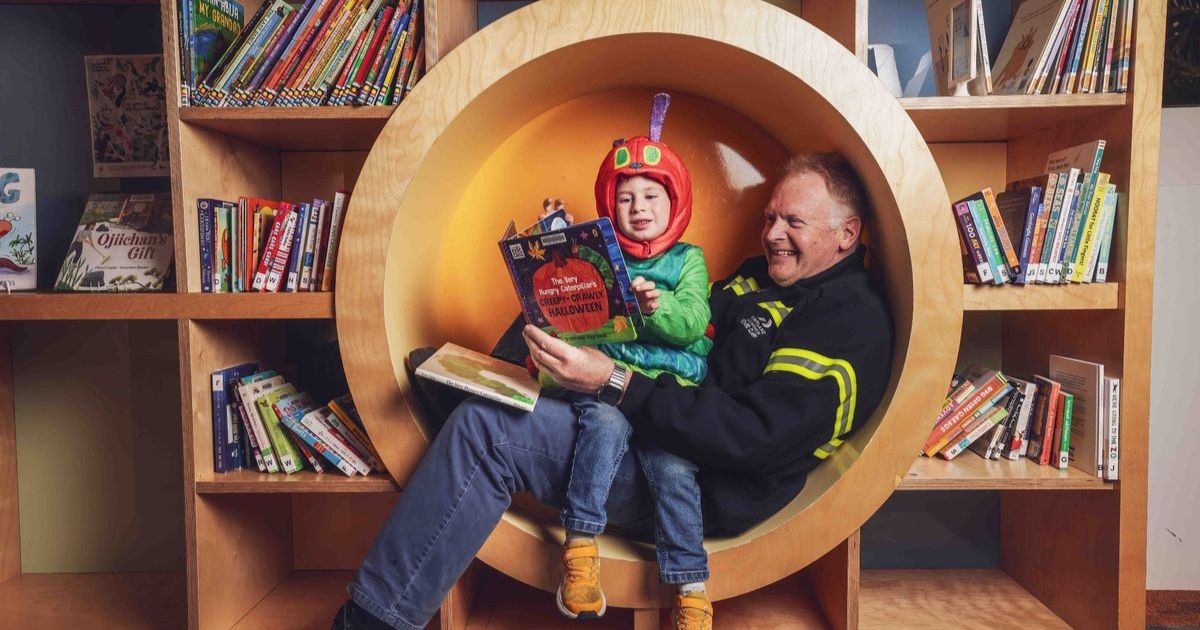Changes to dog walking regulations
City of Mount Gambier has approved its Dog and Cat Management Plan 2024 – 2028.
The plan incorporates extensive feedback provided during two rounds of community consultation and encourages responsible dog and cat ownership throughout the city.
General Manager Corporate and Regulatory Services Jane Fetherstonhaugh said the plan addresses challenges identified during the consultation process including dog faeces management, cat management, dogs being off leash when they shouldn’t be and dog behaviour.
In conjunction with their endorsement of the plan, council has determined that the provisions in By-Law – No.5 Dogs 2018 regarding dog prohibited areas now apply to all sporting fields and ovals at Blue Lake Sports Park. This follows feedback from the sporting and recreation clubs that use the facilities at this location.
“Unfortunately, we have had reports of ongoing issues with people not picking up after their dogs on the sporting fields within Blue Lake Sports Park, so dogs are no longer permitted in those areas,” she said. “Dog owners can still walk their dogs in the park surrounding the playing fields.
“This is in addition to the continuing by-law requirement for dogs to be on leash at any park or reserve during times when sport is being played and prohibited from children’s playgrounds.
“Dog owners are reminded that it is an offence to not carry waste bags when walking their dog, and to not pick up after them.”
Council is currently undertaking scoping work to develop a fenced dog park at Blue Lake Sports Park.
Dogs under effective control may be exercised off leash in other areas throughout the city including:
- Marist Park,
- Botanic Park,
- Hastings Cunningham Reserve,
- Northumberland Reserve,
- Frew Park,
- Don McDonnell Reserve, and
- Corriedale Park.
“Under the Dog and Cat Management Act 1995 and Council By-Law, dogs must be under effective control in all public places throughout the city,” Ms Fetherstonhaugh said. “Either through physical restraint (on-leash up to two metres long) or by command, in proximity, and able to be seen by the controller.”
The plan emphasises the importance of responsible pet ownership.
“Dogs and cats must be microchipped and desexed in accordance with the regulations under the Dog and Cat Management Act 1995,” she said. “In addition, every dog over three months of age must be registered. We will focus on community education as part of implementation of the plan.”
The City of Mount Gambier Dog and Cat Management Plan 2024 – 2028 has been submitted to the Dog and Cat Management Board for approval.
Council’s determination with regard to on-leash and dog prohibited areas are effective immediately and do not rely on the Dog and Cat Management Board’s approval of the plan.
Council is aware of commentary surrounding its temporary pound facility used to house dogs during the 72 hour hold period while the general inspectorate team attempt to find the owner of a lost dog that isn’t microchipped or registered.
City of Mount Gambier CEo Sarah Philpott said council appreciated that people were concerned about the welfare of the dogs in our care during warmer weather.
“We want to assure the community that we keep the dogs as safe and comfortable as possible until we can reunite them with their owner or transfer them to one of our partner organisations for rehoming,” she said.
“During warmer weather we have been visiting the kennel frequently to ensure dogs have access to food and water. We also monitor the temperature inside the kennel and if required, hose down the floor, and the dog and enable outside access within the enclosure.”
No dogs are currently being housed in council’s pound facility. When there are no animals impounded, water, food and other animal husbandry requirements are removed and refreshed when a new dog arrives.
“The dog that was posted on social media barking while at the kennel has been returned home to its very grateful owner who claims it barks a lot due to separation anxiety,” she said.
Council’s facilities have been approved by the Dog and Cat Management Board in accordance with the Dog and Cat Management Act to hold up to four dogs at any one time for 72 hours and beyond.
“Council’s facilities were constructed in accordance the Dog and Cat Management Board Detention Facility Guidelines which outline that dog pens must be fully enclosed and constructed from impervious, washable and durable materials. Impervious partitions must be at least one metre high, sealed to the ground and should separate the pens and exercise areas,” Ms Philpott said.
“While we appreciate suggestions to consider other materials that may enhance the comfort of dogs in care, floors must be constructed of impervious materials that are free of cracks or small gaps that potentially harbour infectious bacteria.
“Grassed areas do not meet these requirements as council pounds may receive animals that are not vaccinated or may be carrying infection or disease and there needs to be effective housing and hygiene protocols in place to prevent the spread of disease to other dogs held in the facility.
“Grassed areas are often used for the physical enrichment and exercise of dogs outside the 72-hour mandatory holding period where an animal pound or shelter holds animals for the purposes of rehabilitation and rehoming.”
Since July last year, 188 stray dogs have been collected by Council inspectors, 176 dogs have been returned to their owners and 12 dogs have been impounded. Six dogs have been transferred to partner organisations for rehoming and six were fostered.



















